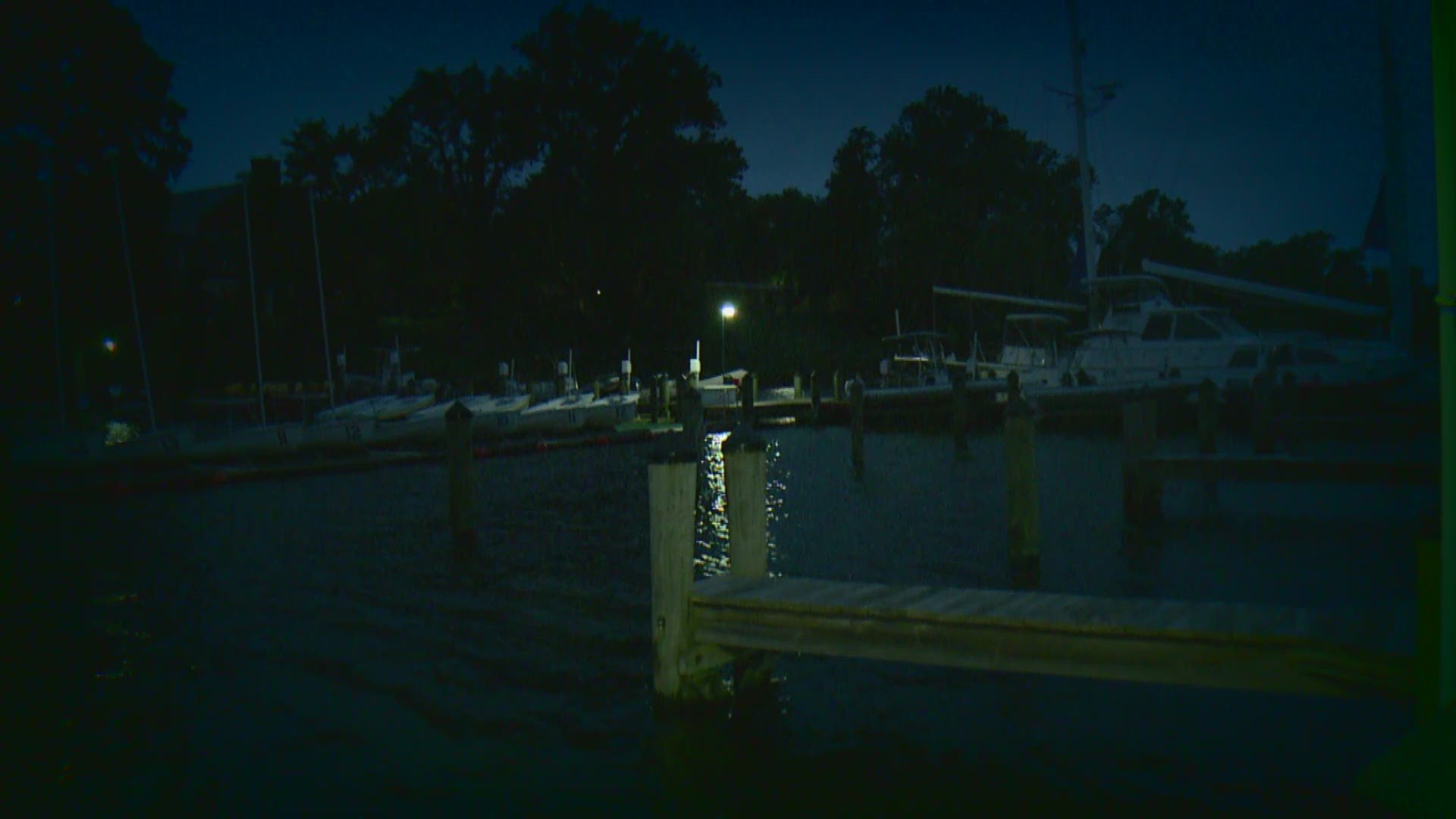WASHINGTON — The National Weather Service has issued a Tropical Storm Warning for St. Mary's County and other parts of the Maryland Eastern Shore as Hurricane Dorian continues to head up the Atlantic coast.
Tropical storm force winds are expected for the area, and Governor Larry Hogan is urging residents to take appropriate precautions prior to the severe weather's arrival.
"With Hurricane Dorian expected to affect the Lower Shore and St. Mary’s County, I have directed state agencies to stand ready to respond and I urge Marylanders to take all appropriate precautions," Hogan said. "Please stay tuned to your local news stations and emergency management offices for the latest updates and, most importantly, use common sense."
The Maryland Emergency Management Agency said it's increased Maryland's activation level, and the State's Emergency Operations Center is staffed with emergency management personnel and state agency representatives.
"Residents should remain alert and follow officials’ orders, news stations, and weather forecasts in order to be informed of the situation," MEMA’s Executive Director Russell Strickland said.
Maryland residents and visitors can head to Know Your Zone to see if they live in or are traveling to a hurricane evacuation zone.
Officials said residents or visitors of Maryland can expect:
- Tropical storm force winds and tidal flooding or storm surges could impact the state beginning Thursday evening -- particularly in southeastern Maryland.
- The strongest winds will likely affect the listed areas throughout the day Friday.
- Expect wind gusts as high as 60 mph.
- Power outages, flooding and road and bridge closures are also likely in the area.
Tropical storm conditions -- sustained winds of 39 to 73 mph -- are expected within the tropical storm warning area within 36 hours, officials said. MEMA is advising residents to follow certain safety instructions.
- Remain vigilant and continue to closely monitor the storm through MEMA, the NWS and your local officials.
- If you're in or close to the tropical storm warning areas, check regularly for weather updates and instructions from local officials.
- Charge your phones and devices and plan for potential power outages.
- Communicate with friends, family and neighbors before, during and after storms -- especially during power outages.
- Head to a safe part of your house, and stay away from windows in case of flying glass.
- Never operate power generators inside a building, including garages.
- Keep your refrigerator cold. Turn your refrigerator to the coldest setting so that your food will last longer in the case of a power outage.
- Keep your pets safe too.
- Make sure your pet has identification, and that you keep your pet closeby.
- If you evacuate and you have a pet, look for pet-friendly hotels or local animal shelters or safe kennels.
- Never drive through standing water. "Turn Around, Don’t Drown."

